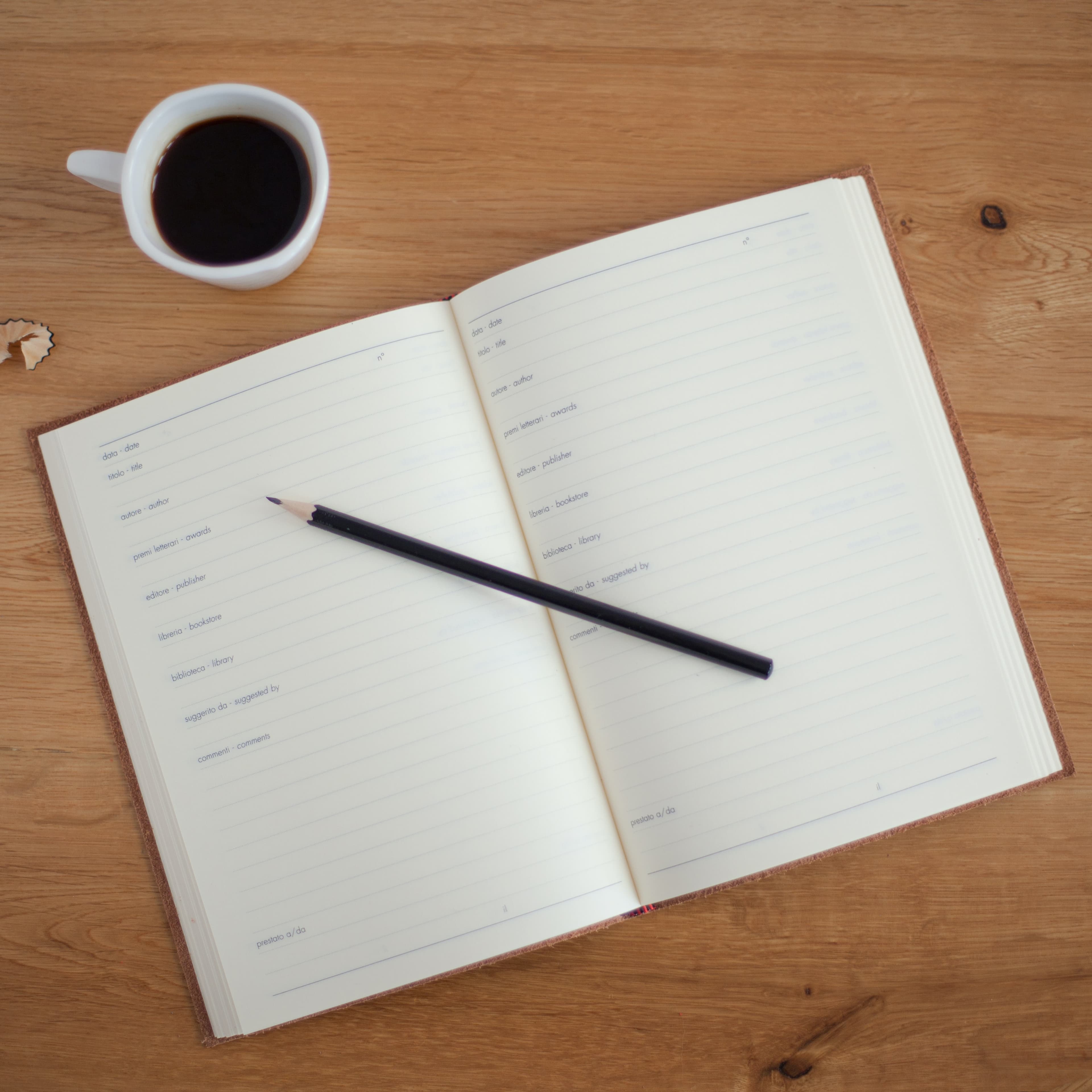Daily schedule
In today's fast-paced world, it can be easy to feel overwhelmed by the endless stream of tasks and responsibilities that we have to manage daily. Keeping track of all the things you need to do can be a challenging task. However, one of the most effective ways to stay on top of your responsibilities and stay organized is by keeping a daily schedule.

ly schedule is simply a written or digital list of all the tasks and activities you must complete daily. By keeping a program, you can keep track of your time, prioritize your studies, and ensure that you're making the most of each day.
Here are some of the key benefits of keeping a daily schedule:
Improved Time Management:
One of the most significant benefits of keeping a daily schedule is improved time management. By breaking down your day into specific blocks and allocating tasks to each block, you can manage your time more effectively and ensure you're making the most of each day.
Increased Productivity:
With a clear schedule, focusing on the essential tasks and working on them without distractions becomes easier. In addition, a program helps to increase your overall productivity, allowing you to complete more tasks in less time.
Reduced Stress:
Having a schedule can reduce stress by giving you control over your day. When you know what you need to do and when you need to, you can approach each day with a sense of calm and confidence, reducing stress in your life.
Better Prioritization:
Keeping a daily schedule can help you to prioritize your tasks more effectively. By breaking down your day into smaller tasks, you'll see which tasks are most important and which can be postponed or delegated to others.
Increased Accountability:
You'll be more accountable for your time and actions when you have a schedule. You'll be able to see at a glance how you've spent your day and what you still need to complete, helping you to stay focused and on track.
Better Habits:
Keeping a daily schedule can also help you to form better habits. You'll be more likely to make these activities a regular part of your day by consistently allocating time to specific actions, such as exercise or reading.
Improved Focus:
Keeping a daily schedule can also help you to stay focused and avoid distractions. When you know what you need to do and when you need to, you'll be able to avoid distractions and stay on task, helping you be more productive and get more done each day.
There are many ways to keep a daily schedule, including a paper planner, a digital calendar, or a productivity app. The most important thing is to find a system that works for you and that you're comfortable using it.
My Experience with Keeping a Daily Schedule:
I've been using a daily schedule for several years, and it has been a lifesaver. I typically use a paper planner, as I find it easier to write out my tasks and cross them off as I complete them. I also like the physical act of writing out my schedule, as it helps me to remember my lessons and stay focused.
I also use a Pomodoro task list to help me stay on track and accomplish more daily. The Pomodoro technique is a time management method that involves breaking your day into 25-minute blocks of focused work, followed by short breaks.
This combination of a daily schedule and the Pomodoro task list is incredibly effective in helping me to stay focused, get more done, and make the most of each day. Suppose you're interested in trying this approach for yourself. In that case, I recommend checking out the Appointed Journal, which is a journal that combines both a daily schedule and a Pomodoro task list in one convenient place.
In addition to these benefits, keeping a daily schedule can be a valuable tool for personal growth and development.
What I normally put on my schedule:
On my daily schedule, I list out all of my tasks for the day, including work tasks, personal tasks, and any appointments or events I have planned. If anything is left over, I move it to the next day. I like to plan out my schedule the night before so that I can wake up and get right to work in the morning. Having an already-written program prevents procrastination or delays when starting my day.
In conclusion, keeping a daily schedule is a powerful tool for managing time, increasing productivity, and reducing stress. By breaking down your day into smaller tasks and allocating specific blocks to each lesson, you can manage your time more effectively, stay focused, and get more done each day. So, if you're looking for a way to stay organized and on top of your schedule, consider keeping a daily schedule today!